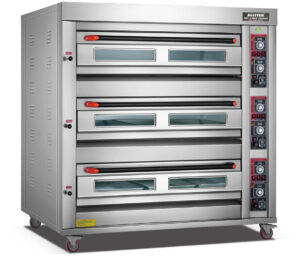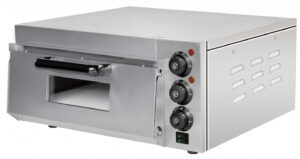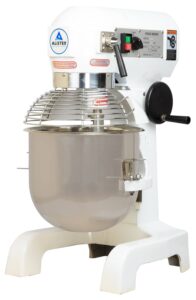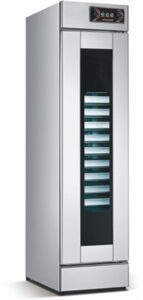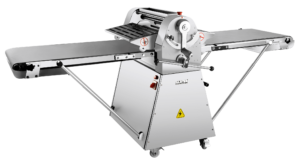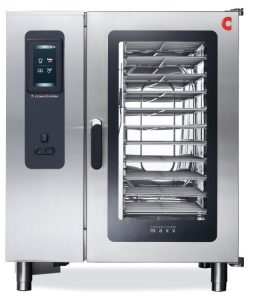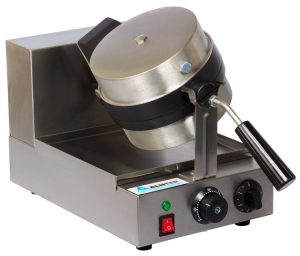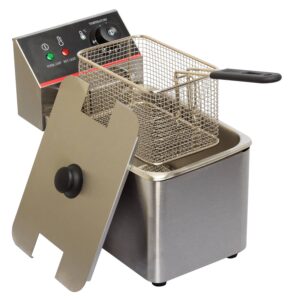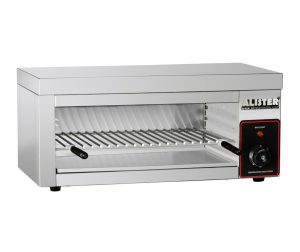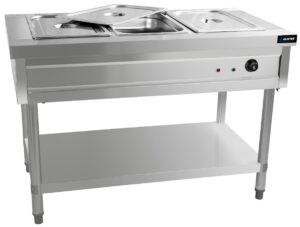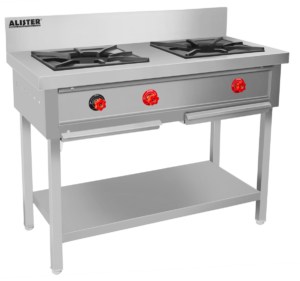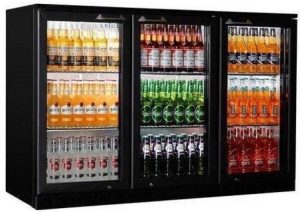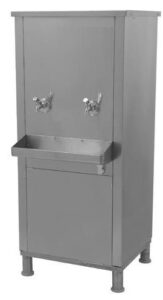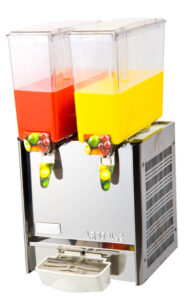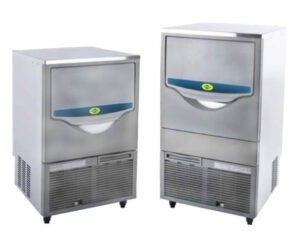Gas Oven vs Electric Oven: 5 Big Differences to Help You Choose!
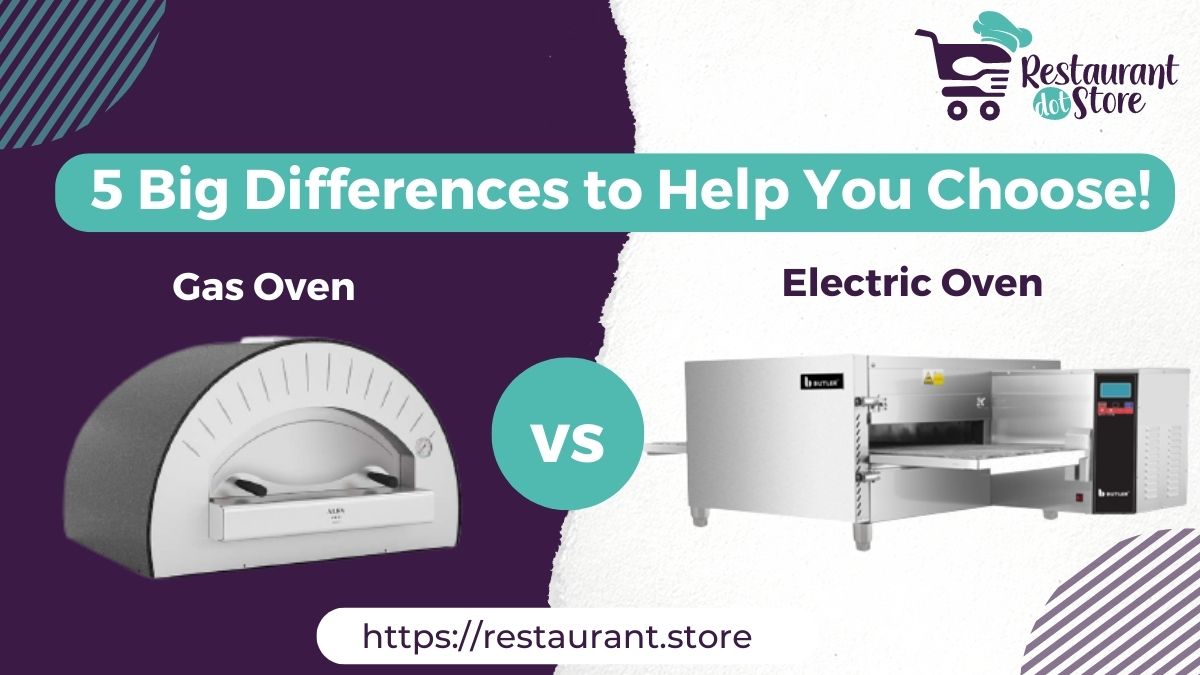

Gas oven vs electric oven, which is better?
Although many recipes can be made without an oven too, having an oven in your restaurant will elevate the professionality and enhance the taste of your food. You can make a plethora of warm baked treats and recipes in a commercial oven, and also work towards expanding the menu of your restaurant, for more sales and profit. But to invest in a good viable oven, the question of gas oven vs electric oven pops up. Which one is better? Which is faster? Which needs decreased efforts?
Honestly, there is no fixed winner in the gas oven vs electric oven debate. Depending on your type of restaurant and cuisine menu, you will have to choose the one best suited for you! Let’s first try to understand what a gas oven and an electric oven are.
What Exactly is an Electric Oven?
As the name suggests, an electric oven uses electricity to operate. They also use radiation to heat the food, but unlike gas ovens, they don’t have burners in the interiors.
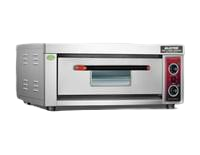

What Exactly is a Gas Oven?
To put it simply, a gas oven runs on natural gas or propane. It’s fuelled by these resources and uses radiation via burners to provide heat to food. These burners are inside the oven. There is also more moisture involved in gas ovens due to combusted gas that releases it.
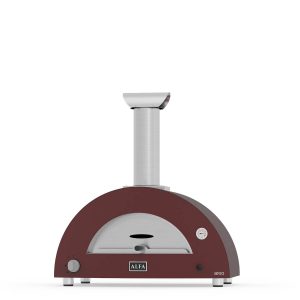

Now that you are familiar with the basic definition of both, we can delve into the major differences between a gas oven and an electric oven.
Gas Oven vs Electric Oven: 5 Major Differences on How They Operate!
1. Gas Oven vs Electric Oven: Resource Availability
The first and foremost difference to be considered is how they operate. One operates on gas, and the other on electricity. Make sure your restaurant has the needed resources available and ready to use. For gas ovens, you will have to manually install a natural gas line and connect it to your kitchen. Make sure a gas line is commendable in your kitchen space.
2. Gas Oven vs Electric Oven: Moisture Release
Another big difference between the 2 ovens is the moisture release. Gas ovens release moisture inside the oven due to their burners, and this helps in keeping the food items moist. This is useful if you are baking cakes or desserts. On the other hand, you will find dry heat in electric ovens due, but these are useful to keep things crunchy. The ultimate choice comes down to your menu and its requirements!
3. Gas Oven vs Electric Oven: Safety of Equipment
In terms of safety, electric ovens take the crown. That does not mean that gas ovens are highly dangerous- but they do have a higher risk due to potential gas leaks. The flame they use is also open-flamed compared to the induction cooktops in electric ovens.
4. Gas Oven vs Electric Oven: Fast Cooking
Due to induction, or using electricity, electric ovens take longer to fully become hot. Comparatively, gas ovens become super hot super fast through flames. But there are a few upcoming electric oven models that are more efficient than gas ones. Do check this feature before you buy one.
5. Gas Oven vs Electric Oven: Cost Comparison
Depending on the type of model, a gas oven will have a cost difference from an electric oven. In general gas ovens are also cheaper than electric ovens. But you will need less to run an electric oven due to electricity rather than a gas one. Make sure you don’t go for an option that is inefficient, no matter the price, as it can cause inconveniences later on.
Conclusion
In the end, the gas oven vs electric oven debate boils down to which oven suits you better, and how! Check out an efficient list of commercial gas and electric ovens from Restaurant.Store!
Moiz December 5, 2022

